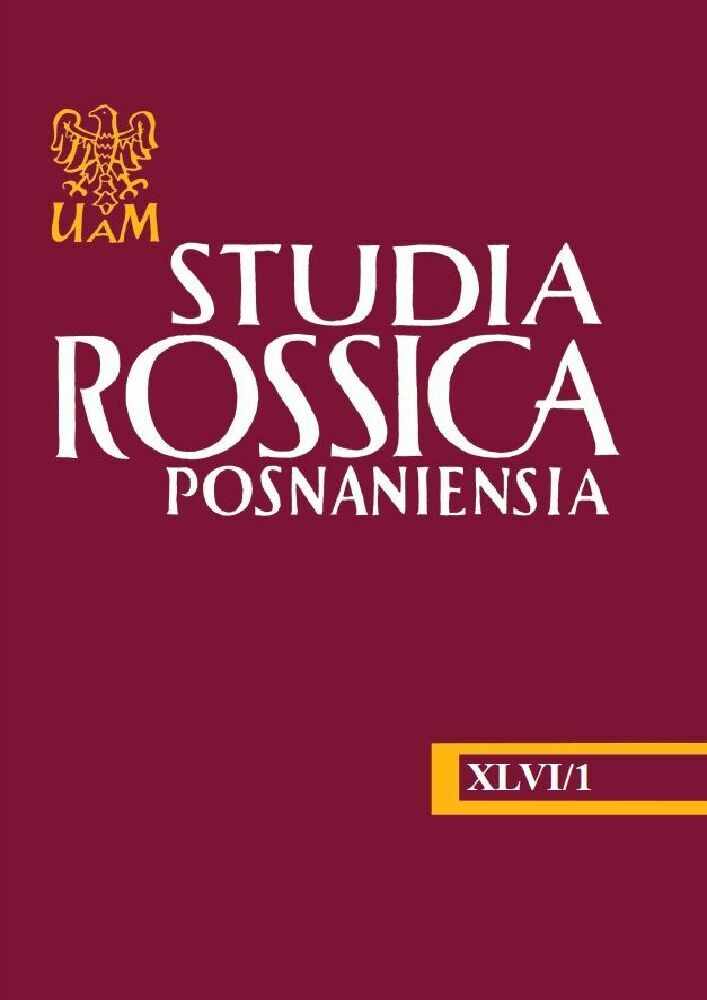Аннотация
The paper deals with the linguistic means that had helped us to adapt to virtual reality and that now seem to us to have existed always. The words and expressions didn’t appear out of
nowhere – they were imported from our everyday language where they had been used for naming objects and processes in the real world. Thus the new realm, such as the physical one, was marked by language signs that determine the nature and the structure of our conception of the Internet which is interpreted generally as a physical space (different types of the latter). These signs are described here in terms of conceptual metaphor theory. Recently we have been dealing with some new, “web-born” expressions. It is shown that such expressions are no more limited to the describing of the Internet and are extended to the real world; it can be said they provide us with new tools to interpret the “old” reality. Thereby we can see the very moment when the source and the target domains (that is real and virtual worlds) are switching their places.
Библиографические ссылки
Boryś, Wiesław. Słownik etymologiczny języka polskiego. Kraków, Wydawnictwo Literackie, 2005.
Dubisz, Stanisław, red. Uniwersalny słownik języka polskiego [edycja CD-ROM, wersja 1.0]. Warszawa, Wydawnictwo Naukowe PWN, 2004.
Dytman-Stasieńko, Agnieszka, Jan Stasieńko. „WWW – Sieć metafor, metafory Sieci i studia nad Siecią”. WWW w sieci metafor: strona internetowa jako przedmiot badań naukowych. Red. Agnieszka Dytman-Stasieńko, Jan Stasieńko. Wrocław, Wydawnictwo Naukowe Dolnośląskiej Szkoły Wyższej, 2008, s. 9–20.
Evgenʹeva, Anastasiâ P., red. Slovarʹ russkogo âzyka: w 4-ch t. Moskva, Russkij âzyk–Poligrafresursy, 1999.
Greiffenstern, Sandra. The influence of computers, the Internet and computer-mediated communication on everyday English. Berlin, Logos Verlag Berlin GmbH, 2010.
Krongauz, Maksim A., red. Slovarʹ âzyka interneta.ru. Moskva, AST-PRESS KNIGA, 2016.
Lakoff, George, Mark Johnson. Metaphors we live by. Chicago, University of Chicago Press, 2003.
The Merriam-Webster Dictionary. Merriam-Webster, Inc., 2004.
Nacionalʹnyj korpus russkogo âzyka. Web. 20.12.2021. https://ruscorpora.ru/new/.
Norman, Boris Û. Teoriâ âzyka. Vvodnyj kurs. Moskva, Flinta, 2003.
Pinker, Steven. The stuff of thought: Language as a window into human nature. New York, Viking Press, 2007.
Slovar’ russkogo âzyka XI-XVII vv. Vyp. 28: Stariček – Sulebnyj. Moskva, Nauka, 2008.
Tokar, Alexander. Metaphors of the Web 2.0: With special emphasis on social networks and folksonomies. Frankfurt am Main, Peter Lang, 2009.
Tolkovyj slovarʹ russkogo âzyka konca XX veka. Âzykovye izmeneniâ. Red. Galina Nikolaevna Sklârevskaâ. Sankt Petersburg, ILI RAN, Izd-vo, 1998.
Лицензия
THE ARTICLES ARE PUBLISHED UNDER THE CREATIVE COMMONS LICENCE:
Attribution-NonCommercial-ShareAlike 4.0 International License.
Authors of texts accepted for publication in “Studia Rossica Posnaniensia” are required to complete, sign and return to the editor's office the Agreement for granting a royalty-free license to works with a commitment to grant a Creative Commons sub-license.
Under the agreement, the authors of texts published in “Studia Rossica Posnaniensia” grant the Adam Mickiewicz University in Poznań a non-exclusive, royalty-free license and authorize the use of Attribution-NonCommercial-ShareAlike 4.0 International (CC BY-NC-SA 4.0).
The authors retain the right to continue the free disposal of the work.
Internet users are entitled to use works published in “Studia Rossica Posnaniensia” since 2016, for non-commercial purposes only, under the following conditions: https://creativecommons.org/licenses/by-nc-sa/4.0/
Adam Mickiewicz University in Poznań retains the right to magazines as a whole (layout, graphic form, title, cover design, logo etc.).

